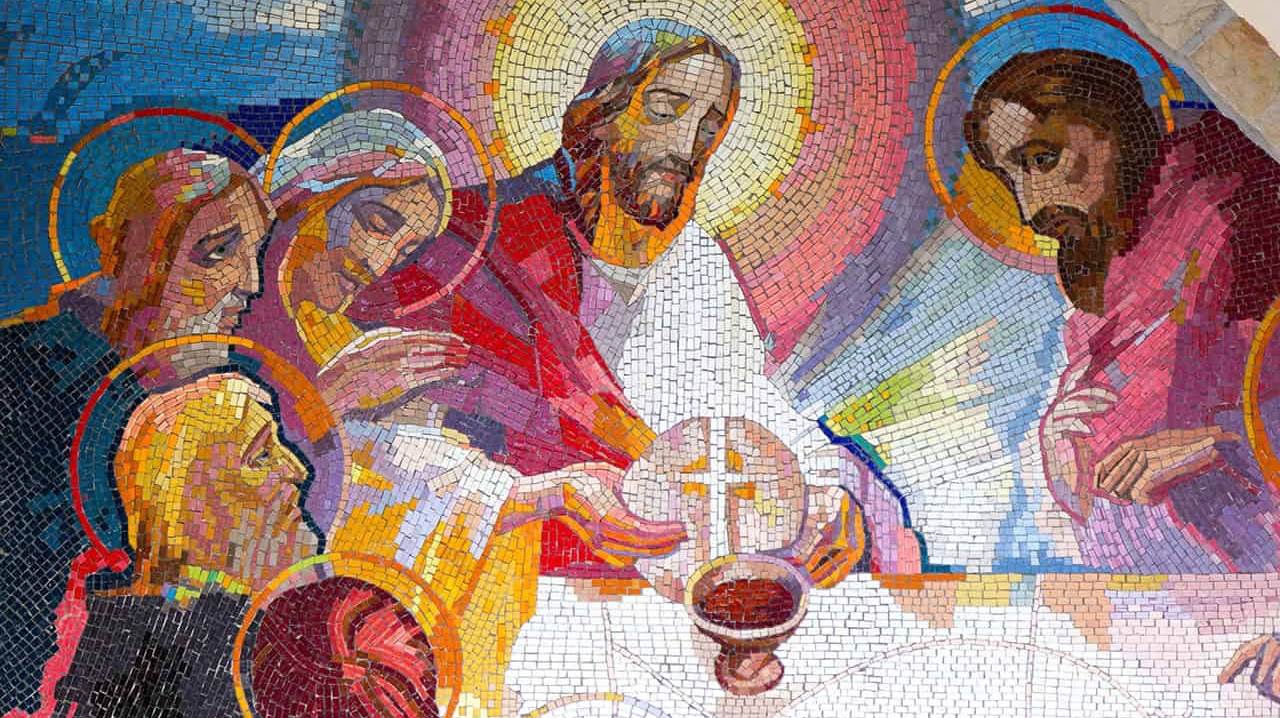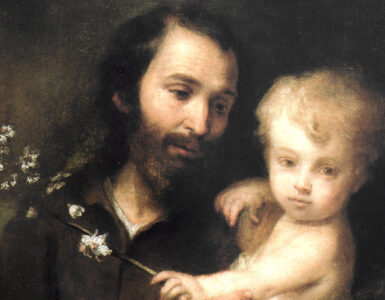
A man named Cory wrote, “There is an old woman who was once a bag lady in Detroit. Alcohol had gotten the best of her, and the alcohol most likely was the reason she was homeless. To honestly describe her, she was a disgusting, foul-mouthed, mean, old bum. You would never invite her to your home because she was very rude and her body smelled. One evening before Thanksgiving [Day] a relative of hers got a call from the police. They wanted to know if this old lady was related to the family. It was a surprise to find this long-lost aunt. Because she had never spoken with the family, they assumed that she had died long ago. The family went and got the homeless lady and invited her into their home and asked her to Thanksgiving dinner the next day. On Thanksgiving Day, as the prayer was being said, the old lady began to sob uncontrollably. Finally, when she could talk, she explained that she was so happy, and that if she had known that they had still loved her, she wouldn’t have lived on the streets for the last twelve years.”
Cory ended his account by writing, “This is a true story. I was present at the table that day” (Donald Deffner, Windows Into the Lectionary, p. 62). Cory witnessed God’s merciful grace powerfully working through ordinary people; the old woman’s life was undoubtedly changed because her relatives welcomed her back into their lives, in spite of her brokenness. God is always willing to do this for us when we’ve been alienated from Him because of our sins. That lesson is very reassuring, and easy enough for most Christians to understand and accept. The next lesson which logically flows from it, however, can be more challenging: because we’ve been forgiven, we in turn must be a living invitation to other sinners to seek and accept God’s mercy for themselves.
Have you ever had the experience of being with someone who got into big trouble, and then speaking up on the person’s behalf, trying to lessen the punishment he or she was about to receive? That’s what Moses was doing: interceding on behalf of the Israelites when God, in His righteous anger, wanted to destroy them for worshipping a false god. In exercising this ministry of intercession for sinners, Moses became a forerunner of Jesus Himself, for as St. Paul explains, “Christ Jesus came into the world to save sinners,” not to condemn them. Paul himself personally experienced this saving mercy, for he was converted from a persecutor of the early Church into one of its apostles and evangelists—and as such, he never tired of proclaiming God’s eagerness to forgive sinners in the Name of His Son. This, of course, is the message of the parables Jesus tells in the Gospel. A shepherd goes to extraordinary lengths to find the one lost sheep; a woman rejoices upon finding a lost coin, and a father expresses his love without reservation in welcoming back his wayward son. God places no limits upon His mercy—and neither must we; our willingness to forgive and accept others must be a sign and reminder of what they can expect from God Himself.
Another true story of a Thanksgiving Day blessing involves a seriously-ill man in Arizona named Terry, who was on the waiting list for a lung and heart transplant. He went to his brother’s house for the holiday, but he forgot to turn on the beeper given him by the hospital in Tucson. It turned out that the organs needed for the transplant were suddenly available, but the window of opportunity for successful surgery was very limited. When the hospital couldn’t reach Terry, it was actually able to arrange—as a medical emergency—for a message to be scrolled along the bottom of the television screen during the national broadcast of the Dallas Cowboys’ traditional holiday football game. Terry and his family weren’t watching the game, but one of the neighbors was, and this man immediately came over and told him the hospital was looking for him—and as a result of this timely notification, Terry hurried to the hospital, and the surgery was successfully completed before the opportunity passed (Jerry Schmalenberger, These Will Preach!, p. 18).
There may be times when we have the chance to play the role of the concerned neighbor by letting someone else know of a wonderful and urgent opportunity for salvation and new life in a spiritual sense. When someone is sad, crying, or distressed—whether a family member, friend, co-worker, or perhaps even a stranger—we can go over and ask, “Is everything all right?” or “Is there something I can do to help?” Our simple expression of concern, and our willingness to be of assistance, can make it easier for that person to believe in God’s merciful and unconditional love. Our efforts to play peacemaker when the need arises, our refusal to speak unkindly of someone even when everyone else is doing so, and our consistent example of genuine Christian integrity and compassion, can help others decide that maybe the Gospel does have something worthwhile to say about the meaning and direction of their lives. When someone sins against us in a major way—through an inexcusable act of betrayal or maliciousness—and later expresses sorrow, we’re called to forgive him or her in Christ’s Name, and doing so will make it easier for the person to trust in and seek God’s forgiveness. Even when he or she doesn’t repent and ask our forgiveness, we can still—like Moses—intercede with God on his or her behalf, praying for that sinner’s conversion and salvation.
There are, sadly, many homeless people in America—often as the result of their own misguided choices and actions. An even worse tragedy, however, is the far larger number of spiritually homeless people: persons who, whether out of ignorance, perversity, or fear, cannot or will not call upon God as their Father, and do not recognize Heaven as their true home. We’re not supposed to stand by idly and indifferently when we witness this sort of spiritual emergency; our prayers, our example, and our willingness to get involved—when and how the Holy Spirit leads us to do so—are supposed to make a difference. God doesn’t want us to judge or ignore others, but to intercede for them, using whatever opportunities we’re given each day to do so—and when we try our best to do this, the rejoicing that occurs in Heaven over each repentant sinner will also be a promise of the joy awaiting us.





























